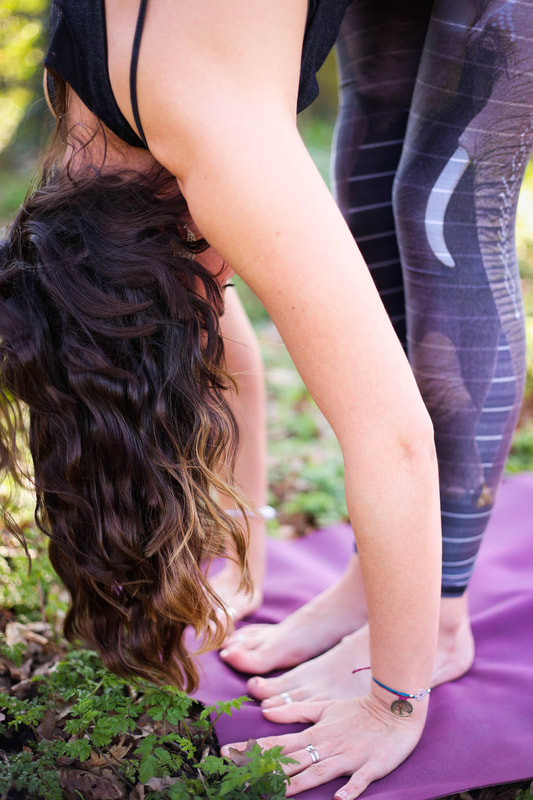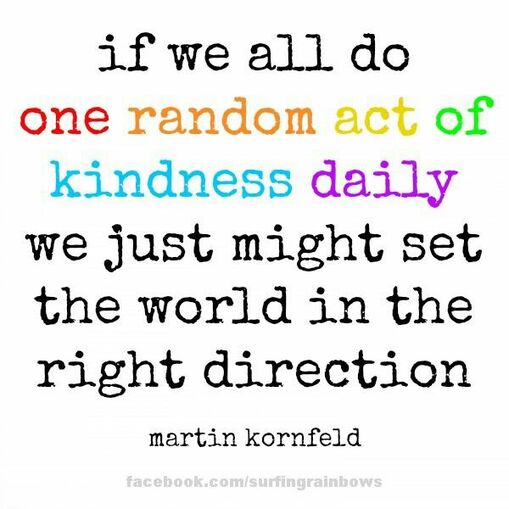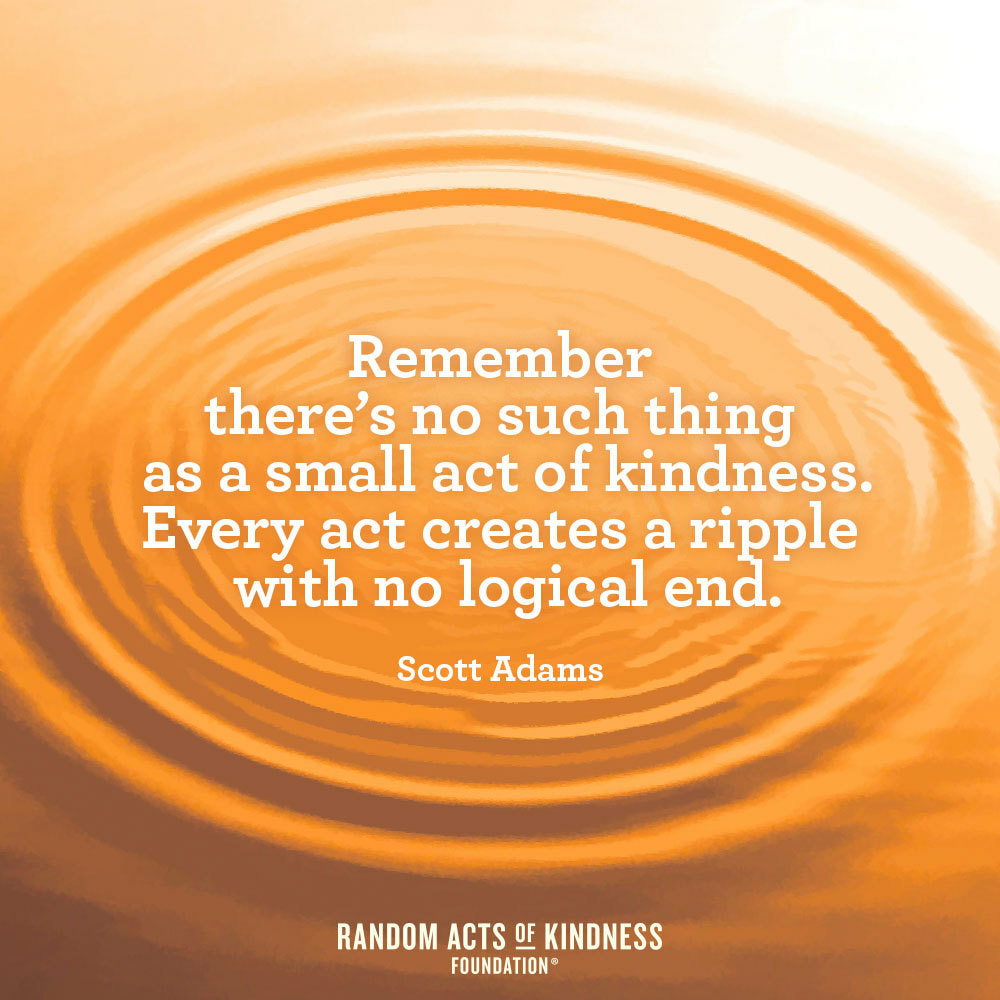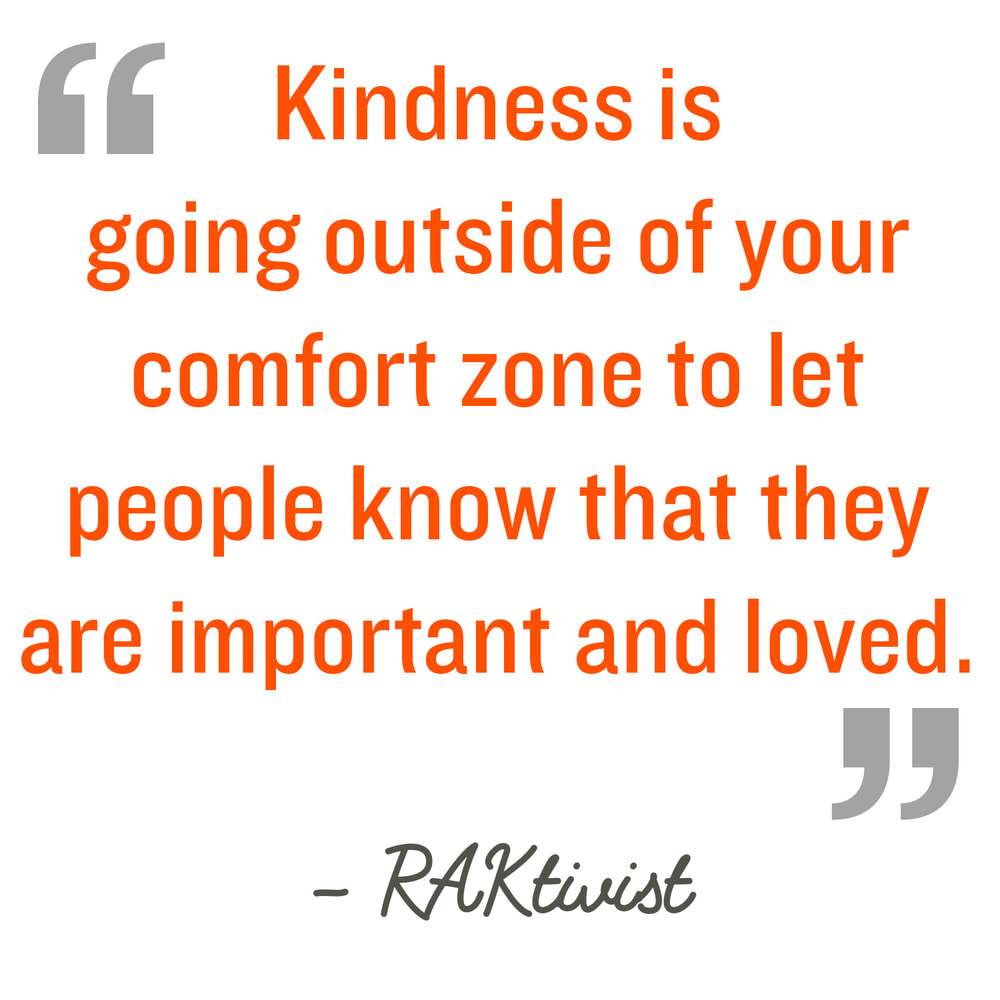 We all have expectations - of ourselves, of others, of situations/events. And that’s OK, because it is part of normal human behaviour. But sometimes, things do not quite turn out how we expected them to, and we feel sad, upset and disappointed. The problem arises when we attach ourselves to the outcomes of our expectations. Although we do not always realise it, we have absolutely no control over the outcome of our actions, and life gives us multiple opportunities to discover that we are ultimately not in charge of what happens. Even when we plan and take all of the appropriate actions, we still may not get what we want! Therefore, in order to create a happier, more peaceful existence, we need to let go of expectation and replace it with allowing. When we let go of our expectations about what should happen, we can simply enjoy life as it is. Having too many expectations and judgements can hold us back and keep us stuck in a cycle of stress, exhaustion, and ill-health. But if we allow events to happen and be as they are, if we can let go of trying to control the outcome of our actions and accept the moment for how it is right now, there would be no way we could be upset by the outcome! We may not like it, and it may not be what we planned for or expected, but accepting what is happening in the moment rather than attaching to “how it should be” can help us to relax, soften and feel more at ease. From this place, we can then more easily choose how we want to respond towards what is unfolding in front of us. Do we take a new action, or relax into what is? Or both? Often what we need is not what we want to do, but it makes us better in the end and helps us live better lives. Again as always, our yoga practice is a great way to prepare us for letting go of expectations in daily life. Think about your idea of what Yoga practitioners (or Yoga itself) “should be”, and what the practice “should” do for you? Am I less of a Yogi because I drink wine on weekends, and I am not a vegan? Am I expected to be able to do contortionist style poses in order to be a good Yoga practitioner? Is it expected of me to practice asana every single day, otherwise I cannot call myself a Yogi, let alone a Yoga instructor? We need to practice letting go of our expectations of Yoga and of ourselves as Yoga practitioners, because these expectations cause us to develop an attachment to an idea of what being a “yogi” (or aspiring to be one) should look like. But we are not less dedicated to our practice, or less affected by the transformation in our hearts and minds that our practice brings, if we do not fit a certain idea of what a “yogi” is, or what our yoga practice should do for us. During yoga class, in each pose, instead of attaching ourselves to certain beliefs about what we are expecting our bodies should be able to do, we can choose to pause, notice, and say the mantra, “this is how it is right now.” Then we can take a moment to notice what happens to our breathing and how our body feels as we let go of controlling and accept the moment. From there, we can decide what to do next: do we want to stay and enjoy it more, back off, deepen, soften, adjust our breath, or come out? When we let go of expectations and simply be in the moment, just as it is, we learn to be grateful for the opportunity to try new experiences. Just to reiterate again though, do not confuse expecting less with lowering your values or goals in life. Setting goals is important. But simply be careful about attaching self-worth and happiness to the outcomes of your expectations. It is more important to continually grow emotionally and spiritually, and to realise that whatever the outcome, even if it is not what we expected, this growth is the true, ultimate goal in life. Namaste xxx
3 Comments
 Some of the most central and important components of our yoga practice are to be compassionate, grateful, loving, kind, and to care for ourselves and others. However, every now and again, our faith in humanity gets a little shaken, and it becomes difficult to practice these positive emotions! (For me, this particularly happens when someone does not wave at you for pulling over in your car to let them past! Grrrr!) Then, something happens to restore your faith in humanity again – namely, a “random act of kindness”. Someone does or says something that just makes you feel better about life. This happened to me last week when a friend rang my doorbell with a little gift they had bought me purely because it reminded them of me! <3 When researching random acts of kindness, I stumbled across the “random acts of kindness foundation” - https://www.randomactsofkindness.org Here I found out that: 1) Kindness is teachable - “It’s kind of like weight training… people can actually build up their compassion ‘muscle’ and respond to others’ suffering with care and a desire to help” says Dr. Ritchie Davidson, University of Wisconsin. 2) Kindness is contagious - The positive effects of kindness are experienced in the brain of everyone who witnessed the act, improving their mood and making them significantly more likely to “pay it forward.” This means one good deed in a crowded area can create a domino effect and improve the day of dozens of people! 3) Kindness Increases:
4) Kindness Decreases:
So there we have it! Be kind. Think kind. Stay Kind. It will make the world a happier, healthier place! Namaste! xxx .  Whilst writing my blog last week, I realised that there is a running theme throughout each of them – that Yoga is bitter-sweet. And as we know, what we learn and discover on our mats is always a metaphor for what we learn and discover in our lives – thus life is also bitter-sweet. Think about virtually any situation, event or circumstance in your life, and you will probably find that happiness and sadness were intertwined intricately with one-another – they are somewhat inseparable. You are happy when you are eating the cake, but sad once the cake is finished (well, I am anyway – you get my drift!) Yoga is one of the biggest things that has ever made me doubt myself, knocked my confidence, and thrown everything about myself and my life in to question. At the same time, it has helped me heal, practice self-love, acceptance, gratitude and compassion. Therefore, our yoga practice is one of the most evident examples of life’s bitter-sweetness. On the one hand it teaches us oneness, completeness, wholeness, whilst on the other it asks us to dig into a deeper place within ourselves – a place we find is full of contradiction and conflict. Think about the phrase “yoga-industry” for example. This in itself is a contradiction in terms – these two parts of the statement oppose each other and render the statement false. Yoga in all its styles and traditions is a process of detaching from material concerns, but an ‘industry’ is a producer of goods and services within an economy driven by capital. Therefore, yoga, by its very nature is a non-consumerist practice, but the “yoga industry” with all of its advertising, branding and marketing speak, tells us that we need to consume the latest program or funky leggings! Toni Nagy’s article on yoga and consumerism suggests most yoga practitioners are struggling to “find a balance between living a life of non-attachment and finding the perfect outfit for doing Crow Pose”! We hence find bitter-sweetness within the one thing that that is supposed to help us find harmony and unity! As a yoga teacher, I am certainly guilty of this – I find myself talking about non-attachment whilst at the same time confessing to being a total shopaholic!! What about yoga and social media too? There certainly exists a bitter-sweetness between the ethics of yoga and a dominating visual culture here as well. Social media is a core part of modern day life and is in many ways valuable. Yoga teachers are able to use it as an extension of their teachings in the studio, and can use the technology to positively impact more people than could ever be possible in a single location. But as we know, it can also have a negative affect on the things it is used to promote. Yoga is a great example of the curse of social media, because it can make yoga appear unattainable and commercialised. On social media, the driving force for some people is a desire to be the best and look the greatest. Straight off, this goes against the yogic principle of detaching oneself from the “ego”. Ultimately, what this visual culture of images has led to is the development of "master yogis" who dedicate their days to pulling off cool yoga stunts in dramatic places, or seemingly impossible contortionist poses. And while these pictures can be wonderful to behold, there is also a counter to this display of brilliance. These images often lead to comments such as "Wow, I wish I could do that, but I'm not flexible enough for yoga", which again goes against every principle of yoga, and instead of encouraging us to try it, we are instead seeing it as something that is unattainable. Whilst anyone could learn to improve themselves with yoga through beginners yoga classes, it is instead thought to be too hard and so there is no point even trying. When we look at yoga on social media, we quickly get the idea that yoga is for bendy, mostly white, slender, occasionally scantily clad, women in their twenties or thirties. Of course, they have every right to post those photos. But where are the pictures of everybody else? What about the image of older people and yoga? Where are the yogis working with physical challenges? Again and again we are served up the perfect yogini who looks like a model and is seemingly brimming with natural health. But yoga is meant to be an accepting practice for people of all shapes, sizes, and backgrounds, and ironically, those of us most in need of yoga, especially the therapeutic aspect of it, are nowhere near a yoga class! Also, the image of yoga that is often presented is one of vegans and hippies! And for many potential yoga practitioners, this can be a put-off because they do not want to be pressured to change their diet or be judged for their wider lifestyle. …Again, bitter-sweetness rears its head. So how can we feel balanced, whole and complete by practicing something that seems so contradictory? Well yes, in a world that likes easy answers, yoga confronts us with nuance, complexity and contradictions, but the practice also grows our ability to be with all of this at once. I always stress in my teachings that our yoga practice is not just doing exercises in the sense of gym or studio class, or posting our “successes” on social media, but the real work is in taking an honest look at ourselves, perceiving all that we are made up of in order to move closer to equanimity and balance. Yoga, in all its bitter-sweetness, gives us information and experience so that we can better navigate through this bitter-sweet world. We learn that there will always be a bad to every good (a yin and yang), and that something can seem good or bad based on perspective or the context. Bitter exists to make us understand and enjoy sweet. We experience bad things in order to grow and understand what a good thing is – there is always beauty to be found in darkness, and peace to be found in turmoil. Because life is made up of opposites, it therefore has every possible potential! And most importantly, Yoga teaches us that everything ultimately exists inside of us anyway, so the choice of what we feed within is all our own doing. This is why happiness to one is misery to the other. And it is within this fact that the magic of yoga really exists - we are the masters of our own practice and therefore our lives. We can choose to feed negativity, dislike and bitterness, or we can feed love, move from a place of compassion, and create more sweetness in our lives. The best I can do as a yoga teacher, feeling conflicted myself, and trying to teach a practice of non-attachment and ego-eradication whilst wearing the latest recycled plastic leggings, and posting photos on Instagram, is to be humble, honest and authentic. And as the saying goes – when life gives you lemons, make gin! |



 RSS Feed
RSS Feed
